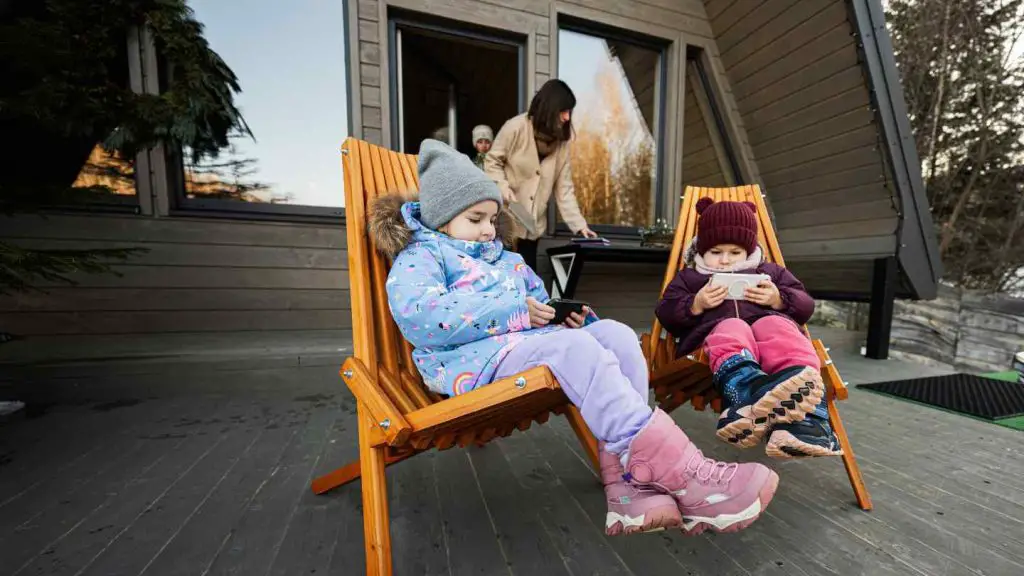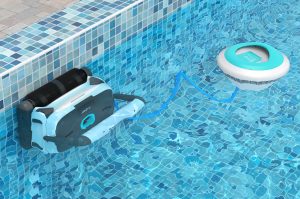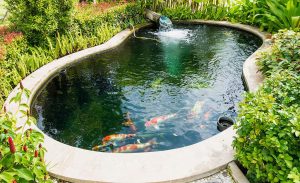Are you tired of being tied to the grid? Do you want to live a more sustainable lifestyle? Off-grid living may be the solution you’re looking for. But before you pack up and move to a remote location, it’s important to know which U.S. states allow off-grid living. Here, we’ll explore American states whose laws are most friendly to off-grid living, provide tips for planning your off-grid lifestyle, and offer resources for beginners.
What is Off-Grid Living?
Off-grid living means living without being connected to public utilities like electricity, water, and sewage. Instead, off-griders generate their own power, collect their own water, and manage their own waste. This lifestyle can be more sustainable and self-sufficient, but it requires a lot of planning and hard work.
Related: 5 American-made refrigerator brands to buy in 2023
Why Choose Off-Grid Living?
There are many reasons why you and/or your family might choose to live off-grid. Here are a few:
- Environmental sustainability: Off-grid living reduces your impact on the environment by decreasing your use of public utilities and increasing your use of renewable resources.
- Self-sufficiency: Living off-grid allows you to be more self-sufficient and less reliant on outside resources.
- Cost savings: By generating your own power and collecting your own water, you can save money on utility bills.
- Privacy: Living off-grid can provide a level of privacy and seclusion that is not possible in more populated areas.
Which U.S. States Allow Off-Grid Living?
Not all states are created equal when it comes to off-grid living. Some states have laws and regulations that make it difficult, if not impossible, to live off-grid. Others are more friendly to off-grid living and have laws that support it. Here are the American states that are most friendly to off-grid living:
1. Alaska
Alaska is a top choice for off-gridders because it has a lot of remote, undeveloped land. The state’s lenient zoning laws and building codes make it easier to build your own off-grid home. However, living off-grid in Alaska can be challenging due to the harsh weather conditions and limited access to resources.
2. Arizona
Arizona has a lot of sunshine, which makes it a great place for off-gridders who want to generate their own solar power. The state also has no restrictions on rainwater harvesting, which means you can collect and use rainwater for your off-grid home. However, Arizona does have some restrictions on building codes and permits for off-grid homes.
3. California
California is known for its strict building codes and regulations, but there are some areas of the state that are more friendly to off-grid living. The state also has no restrictions on rainwater harvesting, so there are plenty of areas to consider. Siskiyou County and Mendocino County are some areas to consider. However, it’s important to research local zoning laws and regulations before starting your off-grid lifestyle in California.
4. Colorado
Colorado is a popular destination for off-gridders because of its natural beauty and abundance of sunshine. The state has no restrictions on rainwater harvesting too, and there are many areas where you can build your own off-grid home. However, off-grid enthusiasts need to consider Colorado State’s building codes and regulations before they dive off.
5. Maine
Maine has a lot of remote, undeveloped land, which makes it a great place for off-gridders who want to live in seclusion. Just like other U.S. states on this list, the state of Maine also has no restrictions on rainwater harvesting, therefore water collection shouldn’t be a problem. However, Maine does have some building codes and regulations that you’ll need to follow.
Tips for Planning Your Off-Grid Lifestyle
Planning your off-grid lifestyle requires careful consideration and preparation. Here are some tips to help you get started:
1. Research local laws and regulations
Before you start building your off-grid home, it’s important to research the local laws and regulations of the state where you desire to live off-grid. Some states and counties have strict building codes and permit requirements, while others have no regulations at all. Make sure you understand what is required in your area before you start building.
2. Determine your power source
Off-gridders need to generate their own power, but there are many options to choose from. Mobile solar panels and family-sized generators are all popular choices. Consider your location and energy needs when choosing your power source.
3. Collect and manage water
Off-gridders need to collect and manage their own water, which can be challenging in some areas. Rainwater harvesting is a popular option, but you’ll need to have a way to filter and store the water. You’ll also need to manage your wastewater and sewage.
4. Plan for food and supplies
Living off-grid means being self-sufficient, which includes growing your own food and storing supplies. Consider the climate and soil in your area when planning your garden, and make sure you have enough food and supplies to last through your time living off-grid.
5. Be prepared for emergencies
Living off-grid can be unpredictable, so it’s important to be prepared for emergencies. Have a backup power source and a supply of food and water in case of power outages or other emergencies.
Resources for Beginners
If you’re new to off-grid living, there are many resources available to help you get started. Here are a few:
- Off-Grid.net: This website has a wealth of information on off-grid living, including articles, forums, and classifieds.
- Mother Earth News: This magazine has been a trusted resource for homesteading and off-grid living since 1970.
- Backwoods Home Magazine: This magazine focuses on self-reliance and off-grid living, with articles on everything from gardening to solar power.
- The Off-Grid Living Festival: This annual festival in Australia brings together off-gridders and sustainable living enthusiasts for workshops, demonstrations, and networking.
Conclusion
Off-grid living can be a rewarding and sustainable lifestyle, but it requires careful planning and preparation. Alaska, Arizona, California, Colorado, and Maine are all friendly to off-grid living, but it’s important to research local laws and regulations before starting your off-grid lifestyle. With the right resources and a lot of hard work, you and your family can live off the grid and enjoy all the benefits that come with it.






